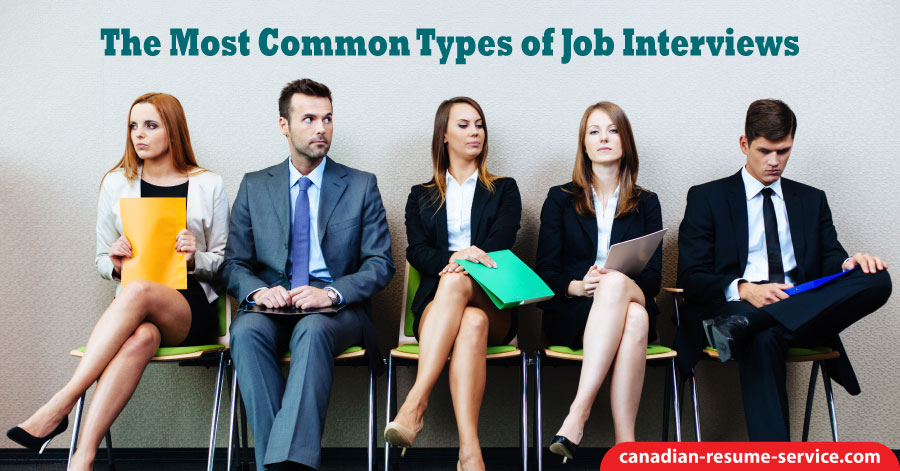Do you know the most common types of job interviews? The most common interview process is a one-on-one interview. There are several types of one-on-one interviews.
Informal
In an informal interview, the interviewer knows which questions they want to ask. However, sometimes the interviewer will carry on a conversation with the candidate and not ask many job-specific questions. After this interview, you might wonder what happened and be unsure of how you performed.
Structured
In a structured interview, a list of questions has been prepared based on the job’s requirements. The same questions are asked of every candidate, and notes are taken.
Unstructured
This interview can be very stressful. The interviewer may ask a question or two and then wait. Be prepared with questions to ask them, as well as be ready to sell yourself.
Sequential
You will interview several people, one at a time. They might be people with whom you will be working. Treat each one as a separate interview. You may have to answer the same questions over and over.
Panel Interview
The panel interview is the next most common type of interview. This is also called a group interview. The panel is made up of people with whom you will work. The panel has a list of prepared questions and will usually take turns asking them. The purpose is to see how others react to you. Be sure to make a good impression.
Interview Stages
All job interviews have four different stages:
Introduction
The first stage is the introduction. This stage is important because it helps create a favorable first impression in the mind of the interviewer. Besides, this stage sets the tone for the rest of the interview. This stage includes introductions and a chance for the interviewer(s) to assess your appearance, confidence, and the way you speak. Make sure you appear calm, confident, and alert. Greet the interviewer(s) with a firm handshake, smile, and sit when you are asked to do so.
Background Stage
During the second stage, you should expect questions on your academic background, work experience, accomplishments, and future goals. The interviewer is trying to find out if you have the skills for the available position. Let your passion for the industry show. When asked about your accomplishments, explain them without sounding arrogant.
Assessment Stage
The third stage of the interview will determine whether you stand out from the other candidates. In this stage, the interviewer will determine whether you are the best candidate for the job. You can expect a few difficult questions, such as why you should be considered for the post, values you will bring to the company, your philosophies on working in your industry, how to deal with certain problems, and how to improve sales or productivity. Include industry-specific keywords in your replies. Include some real-life examples from your work experience to justify your points of view. Try to correlate your answers to the company’s mission.
Conclusion
The final stage of the interview is the conclusion. In this stage, you may ask questions about the position available, challenges faced by the position, the company’s policies, and so forth. It shows that you’re interested in the job.
Your Portfolio
Present your portfolio/brag book during the interview, preferably after the first question is asked to give the interviewer(s) time to look at it. It should be about five pages long, divided into separate sections, in a three-ring binder. It should show your development over time and recommendation letters, credentials, and so forth.
To Set Yourself Apart
Some key things to do that will set you apart from other applicants: smile, act relaxed, make eye contact, dress professionally, be prepared to answer the questions, and research the company. Also, show enthusiasm for your career, treat everyone with respect, show some personality, sell yourself, and send a thank-you letter after the interview.
What Not To Do
There are some key things not to do: dress in jeans and a T-shirt, use foul language, forget to shake hands and make eye contact, act arrogant, criticize older professionals, show up late, ramble on, or act surprised and upset by the requirements of the job.
Some of the worst things to say during an interview include:
- “I’m really desperate to get a job.”
- “I’m a party animal.”
- “I don’t know the answer to that question” (more than once)
- Four letter words
- “I will only do _____________”
- “I don’t know anything about this company.”
- “My last boss was horrible.”
- “I will need to take these days off…”
- “You know what I hate about _________ (to do with your industry)?”
Need additional help? Reach out to Candace for assistance!

